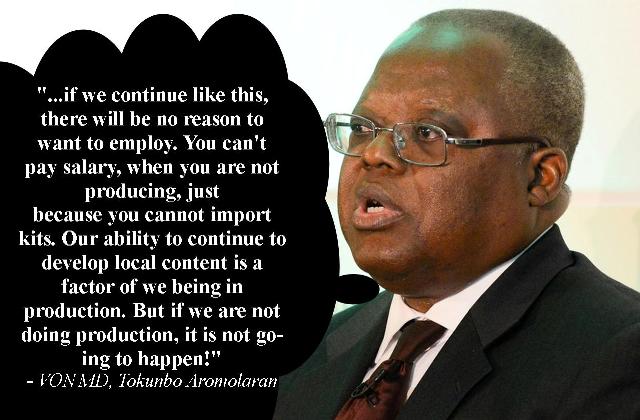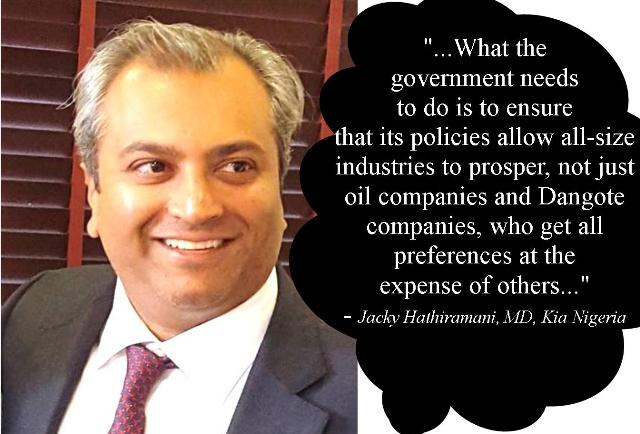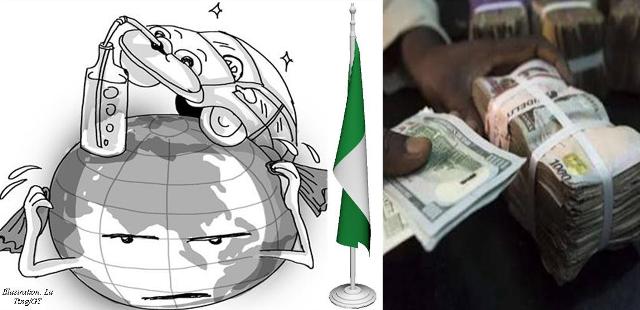…Stakeholders Call for FG Intervention
[dropcap]C[/dropcap]urrent scarcity of foreign exchange (FOREX) is taking heavy toll on Nigeria’s fledgling automobile industry, as auto assemblers are starved of foreign currency with which to procure KD kits they require for operations.
As Motoring World gathered over the weekend, capacity utilization of affected plants might have dropped badly due to inability to produce enough vehicles to cover their overheads.
Mr. Jacky Hathiramani, Managing Director of Kia Motors Nigeria, operator of Lagos-based Kia assembly plant, confirmed to Motoring World on Friday that his plant’s operation has been hard hit by the present economic situation.
 “Supply cost is very high, due to scarce FOREX to import kits,” Kia boss lamented.
“Supply cost is very high, due to scarce FOREX to import kits,” Kia boss lamented.
According to him, although sales price is too low in comparison with overhead cost, demand for new vehicles, including locally assembled ones is equally “very weak”.`
Even to import the few kits their meagre FOREX allocation could cover, custom clearing complications are said to worsen the situation, just as smuggling of vehicles through Cotonou, Benin Republic has been on the increase.
In a telephone interview with Motoring World at the weekend, Mr. Tokunbo Aromolaran, Managing Director of VON Automobile Limited, operator of Nigeria’s Volkswagen plant, lamented that the current FOREX allocation policy of CBN is hindering auto assemblers from procuring enough kits to produce enough volume of vehicles to cover their overhead, a situation he warned could cause a setback for the auto industry and, in essence, worsen the nation’s unemployment problem.
 “With the current CBN FOREX allocation formula,” VW boss warned, “you may not get enough to procure KD kits to produce enough volume, because you need volume.
“With the current CBN FOREX allocation formula,” VW boss warned, “you may not get enough to procure KD kits to produce enough volume, because you need volume.
“It is volume that brings your overheads down. If you do 20 cars, the overhead is almost the same as doing 2000 cars. The situation we are in now is that of which the industry is not able to use its capacity to the full. That is why we are not being competitive. If there is no volume, prices of new cars will go up and tokunbo cars(imported used cars) will become more attractive.
“And all these will affect employment, because if we continue like this, there will be no reason to want to employ. You can’t even pay salary, when you are not producing, just because you cannot import kits.
“Our ability to continue to develop local content is a factor of we being in production. It’s then we can research into what content to replace from what we are importing. But if we are not doing production, it is not going to happen!”
To Mr. Hathiramani, there is little the federal government can do presently to ameliorate the impact of the current economic situation on local manufacturers, given “Oil price crash and scarce FOREX issue, which affects all industries”.
“However,” he noted, “what the government needs to do is to ensure that its policies allow all-size industries to prosper, not just oil companies and Dangote companies, who get all preferences at the expense of others.”
Meanwhile, efforts made telephone the Director General of National Automotive Design and Development Council (NADDC) for Federal government’s stand over the current plight of the auto industry, proved abortive, as we still await his responses to relevant questions mailed to him on Friday.





